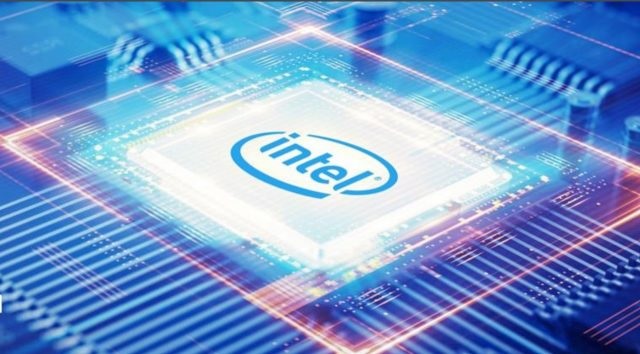Tech Giant Intel Warns Chip Shortage Could Worsen if This Happens
Intel Corp. has warned that the chip shortage could worsen if the United States bans imports of a key chipmaking ingredient.
The world’s biggest chipmaker is aiming to dissuade the U.S. International Trade Commission from halting imports of so-called chemical mechanical planarization slurries that are sold under the name Optiplane.
DuPont’s Rohm & Haas unit makes the products in Taiwan and Japan but have been alleged of infringing technology owned by Illinois-based CMC Materials Inc. The ITC was scheduled to announce its final decision later Thursday but postponed it until Dec. 16. No reason was given for the delay.
Intel told the commission that “banning Optiplane slurries from U.S.-based semiconductor chip fabrication lines without a 24-month transition period could conflict with national security and economic interests.”
The ITC ban could hurt Intel more than some rivals because Intel relies more heavily on U.S. facilities. Manufacturers with Asian factories wouldn’t be affected by the change.
But the ITC staff lawyers, which act as a third party in these cases on behalf of the public interest, have supported Intel’s call for a 24-month delay in any import ban.
That lag would “provide a sufficient period for Intel to transition to acceptable noninfringing alternatives, particularly if the commission finds there is a semiconductor chip shortage,” Thomas Chen, an investigative attorney with the agency, told the commission last month.
“The reported ‘semiconductor shortage’ is a result of a complex set of economic factors and has nothing at all to do with the supply of CMP slurries, let alone the supply of the specific infringing products at issue in this investigation,” CMC’s Cabot Microelectronics said in its own filing with the agency.
Disclaimer: We have no position in any of the companies mentioned and have not been compensated for this article.


